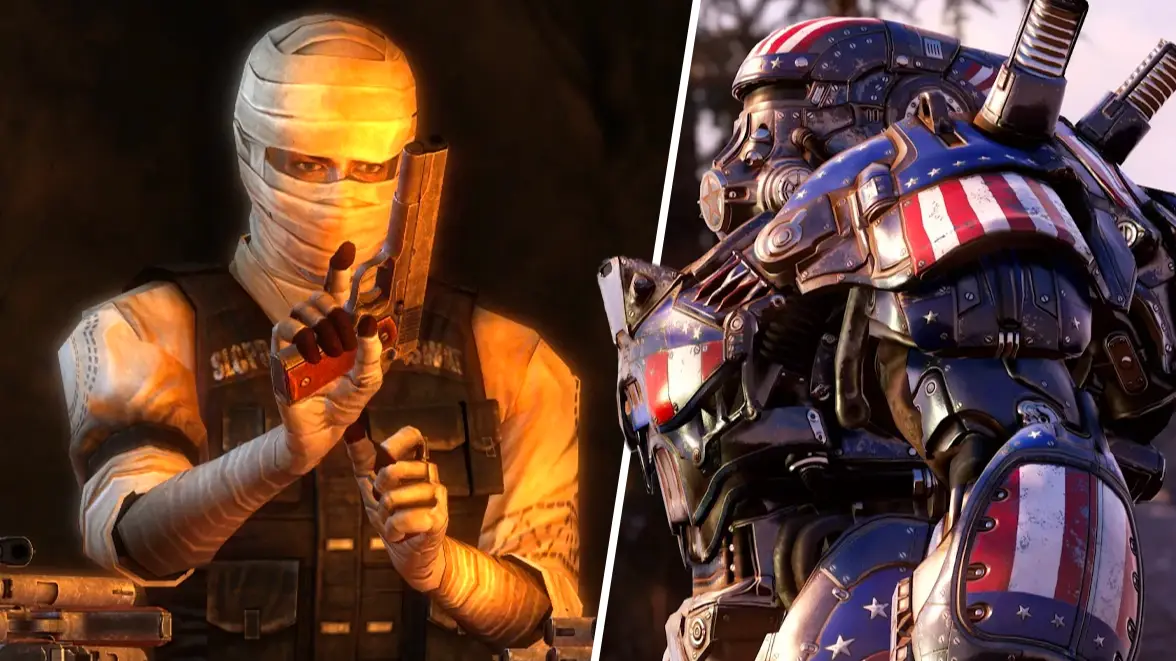
Fallout 76 is a game that has really stuck with me. Calm down, don’t kick off yet. It wasn’t intentional, but it was a game that made the strange things in life seem not so strange. It came out in 2018 and then a year and a bit later the world locked down. Isolated gamers returned to Appalachia, even though we were miles apart, our C.A.M.P. remnants of when we used to play this game when it was new and shiny and not the only thing to do in the evening.
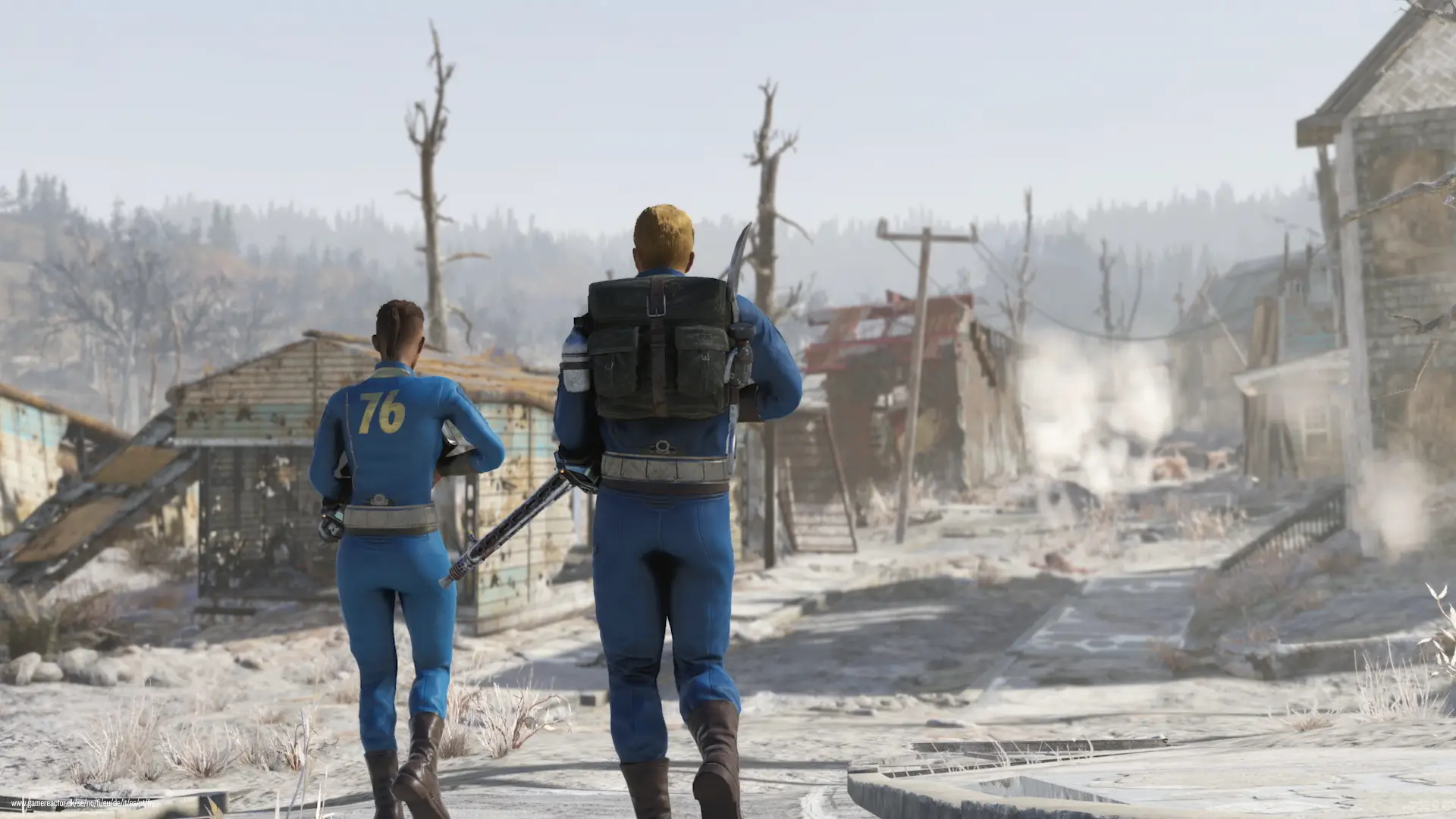
Measures aren’t as strict these days and now I regard Fallout 76 with the bemused but quizzical look that you share with seeing someone from your school class in your hometown. Why are you still here? I suppose you could ask me the same thing.
Bethesda’s support for Fallout 76 has been lackluster to say the least - both before its launch and presently. And yet, the game is stuffed with reams and reams of gripping lore. Fallout 76’s updates have drawn on 25 years of franchise lore to tell fascinating stories and snippets from survivors, while adding new legends too. Histories of the factions that broke through the Great War against all odds, and afterwards, as they tussled over what remained. Incredible adaptations of flora and fauna to the radiation and the transformations that the world has undergone, creating havens and hellholes just by the luck of where the missiles landed. Somewhat ironically, these are lost in Fallout 76 in its preoccupation with thinking bigger is better.
Advert
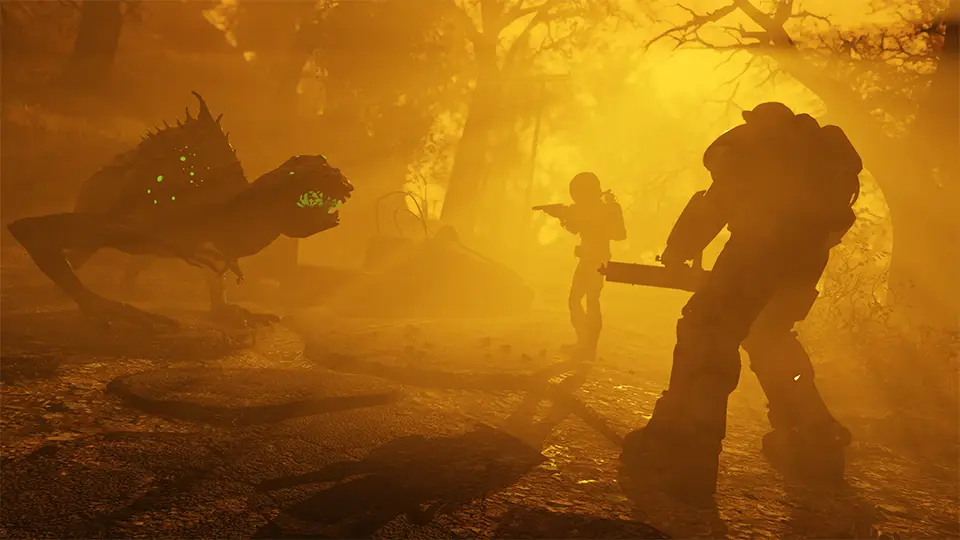
The next Fallout game, which is arriving after The Elder Scrolls VI, should sink its teeth into its lore with a renewed vigor. This isn’t to discount the fact that some factions from the Fallouts of old, such as the Railroad and the Hubologists, are encountered again in newer Fallout titles. However, rather than traversing an expansive open world and collecting and levelling as they go, the character could be embedded in a small slice of an irradiated state on the East Coast of America. Bring the scale back down and the interconnectedness of the series’ stories gets to shine.
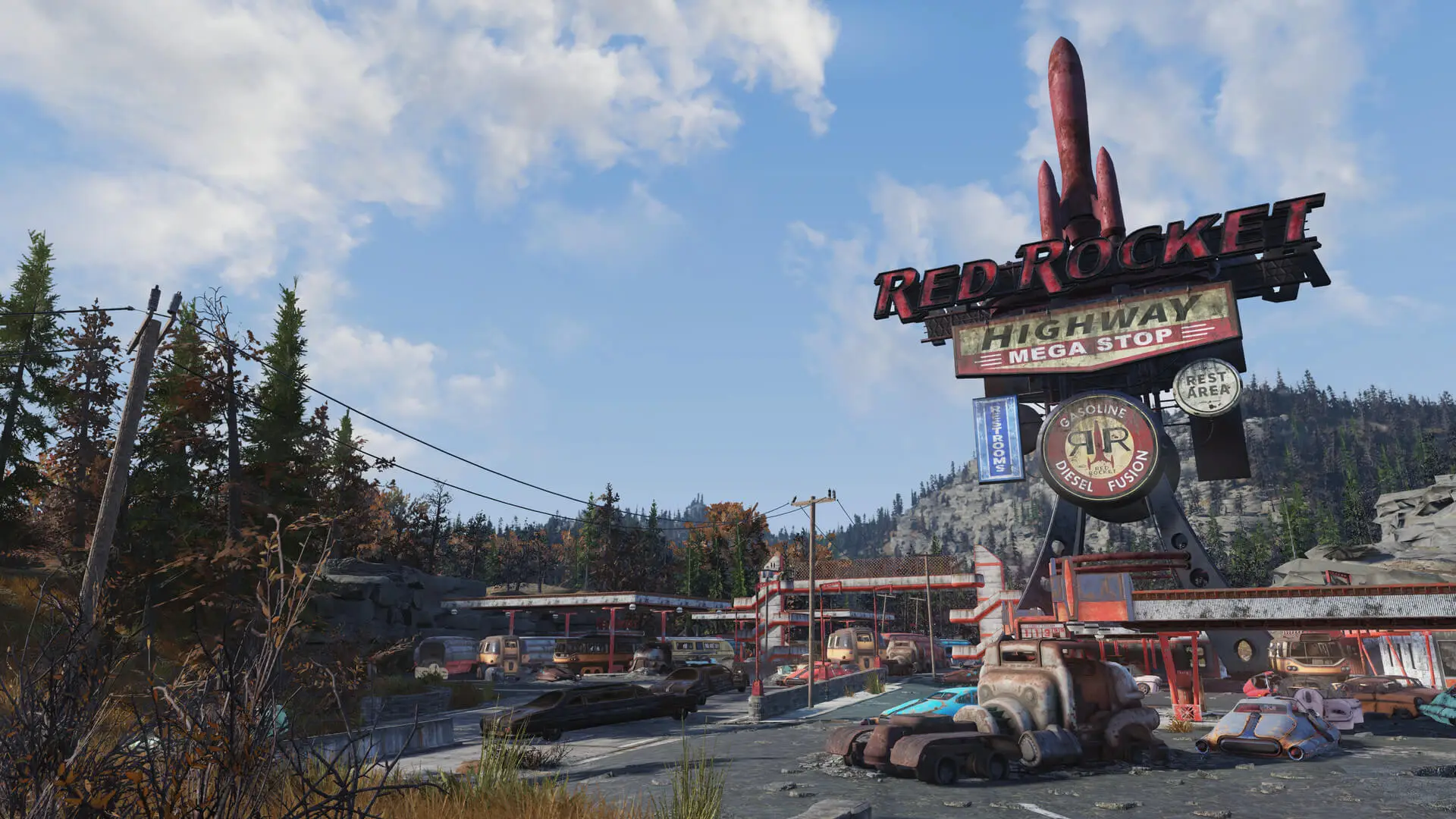
It’s not too much of a stretch to argue that the harshness of everyday life in the Commonwealth is muted when the moralistic arguments of each of the settlements ultimately boil down to which character you like the most or is the most useful. Recent Fallouts seem reluctant to explore the horror and the abject of the lore in depth, leaning much more into the levity of the Atomic Age and the can-do of Americanism, whereas this might be the breath of fresh, crispy nuclear air the games need.
With our hero (your mileage may vary) living in one of the settlements eking out their survival on the outskirts of Boston, a seismic event means they must strike out on their own, choosing one or neither of their childhood friends to take with them. This isn’t signposted, as the game is tracking how you act towards the characters, following the dialogue options that you choose based on the S.P.E.C.I.A.L. attributes, and changing the course of the story accordingly.
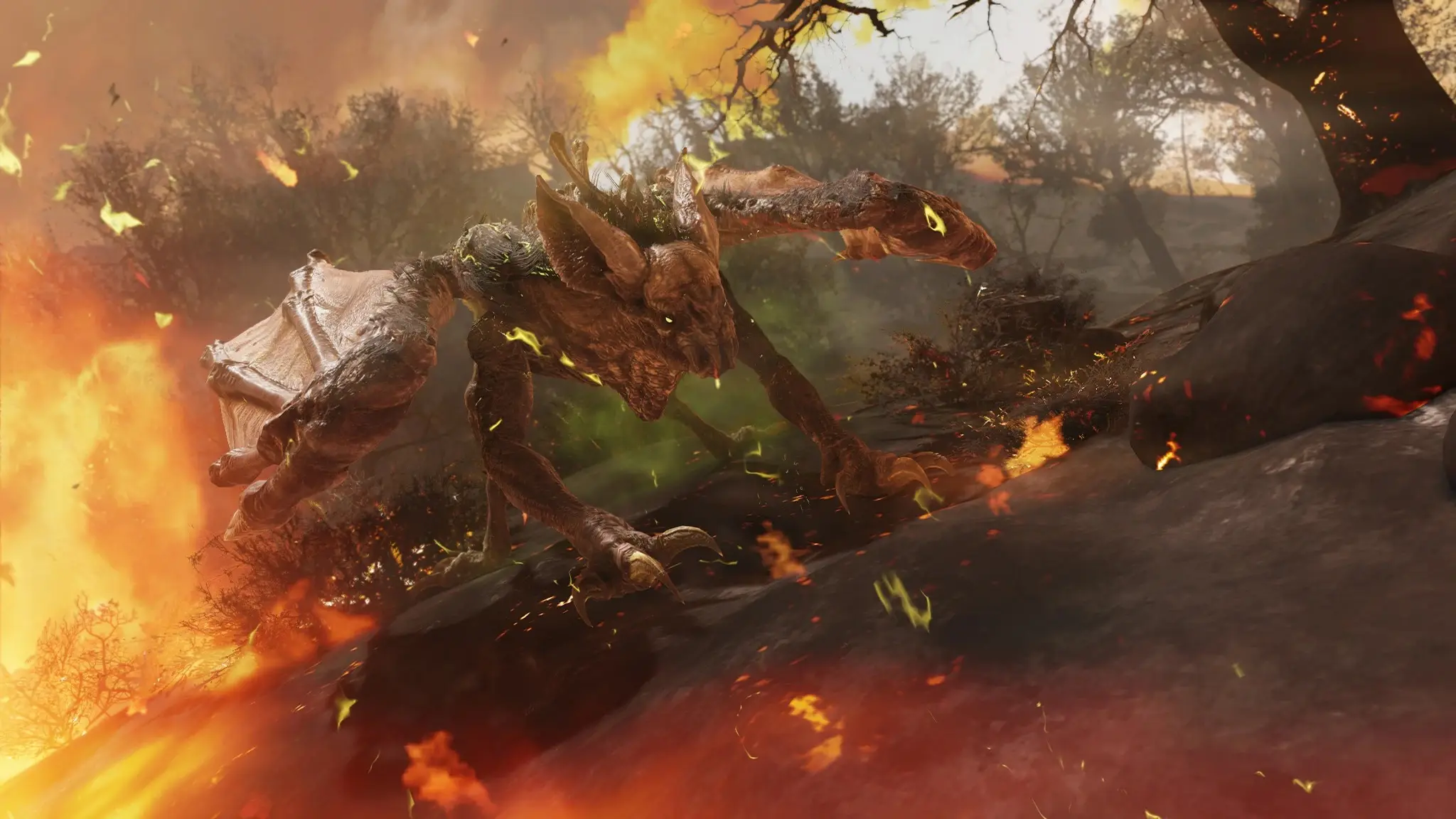
Perks can still exist - though slightly shrunk down in their importance as exploration isn’t as much of a focus in this Fallout. They would also act as a cruel reminder of the fact that you’re really just using everything to your own ends, as Vault-Tec did. Episodically, the characters travel across America to iconic locations, nerve-shredding radioactive hotspots, and skirmishes with opportunistic survivors cut from the same cloth, bringing back veteran players who haven’t seen their favourites from Fallout and Fallout 2 step into the spotlight in a long time. And what do they find at the end of their journey? As per the series’ tradition, it upends the whole political landscape of the states.
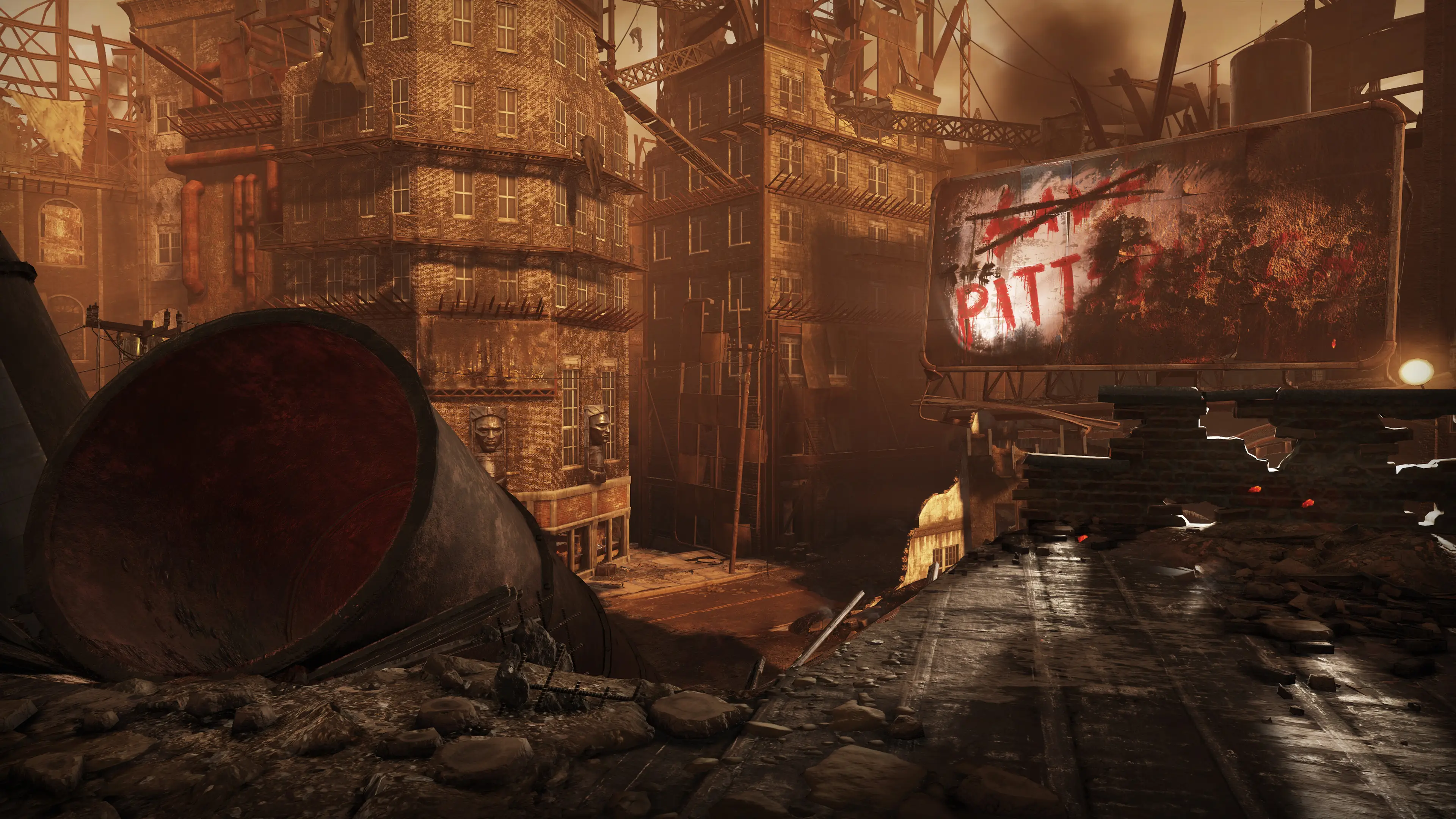
Moreover, a companion’s perception of the character could have severe consequences, and with an extremely realistic art direction, their rage or relief could cut to the core of you, scrabbling through saves to work out if you can rescue things. Think the story structure of The Last Of Us or A Plague Tale: Innocence with the graphics of Hellblade: Senua’s Sacrifice and the determinant decision making of The Walking Dead Game or The Quarry. I drive a hard bargain, but I think it’s fair.
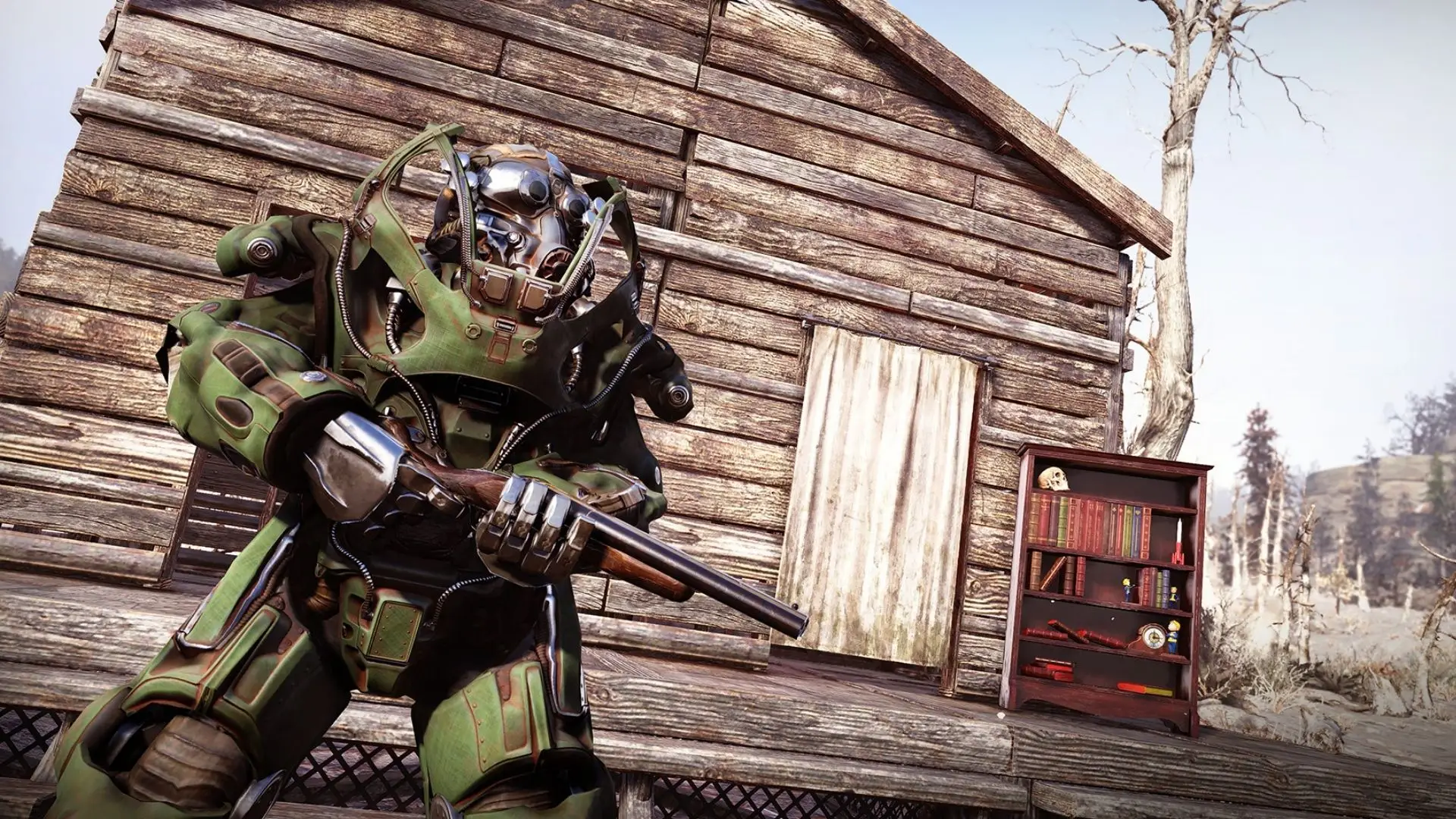
The bone that I have to pick, right now, is that Fallout is trying to do too much. It’s trying to be too much, divorcing itself from the meaty concepts of an America that destroyed itself and rose again that captured the imaginations of players from the beginning. Fallout: New Vegas is so cherished for these reasons, as a smaller game that magnified what the player and the cast of characters would do to survive in this world, elevating the series and winning over fans of the genre with its charm.
Sure, it was slightly funky on its release, but the game got what Fallout is. The word refers to the residual radioactive material expelled in thermonuclear war, and also it means consequences, effects, repercussions. So it’s weird to think that the lessons learned from this game have fossilised in favour of seasonal events with swag that’ll be useless come the next multiplayer mode.
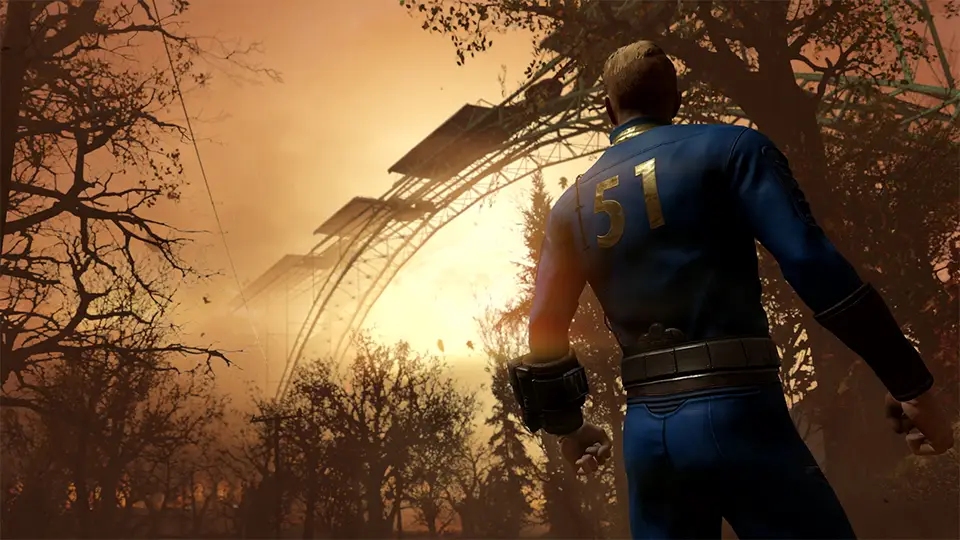
Yet, when I check on Fallout 76 like I check on my schoolmates’ LinkedIn on occasion, wondering if they still work for JP Morgan, I find myself drawn to its apocalypse. At another time, and another form, perhaps I will drink from its goopy glowing cup again.